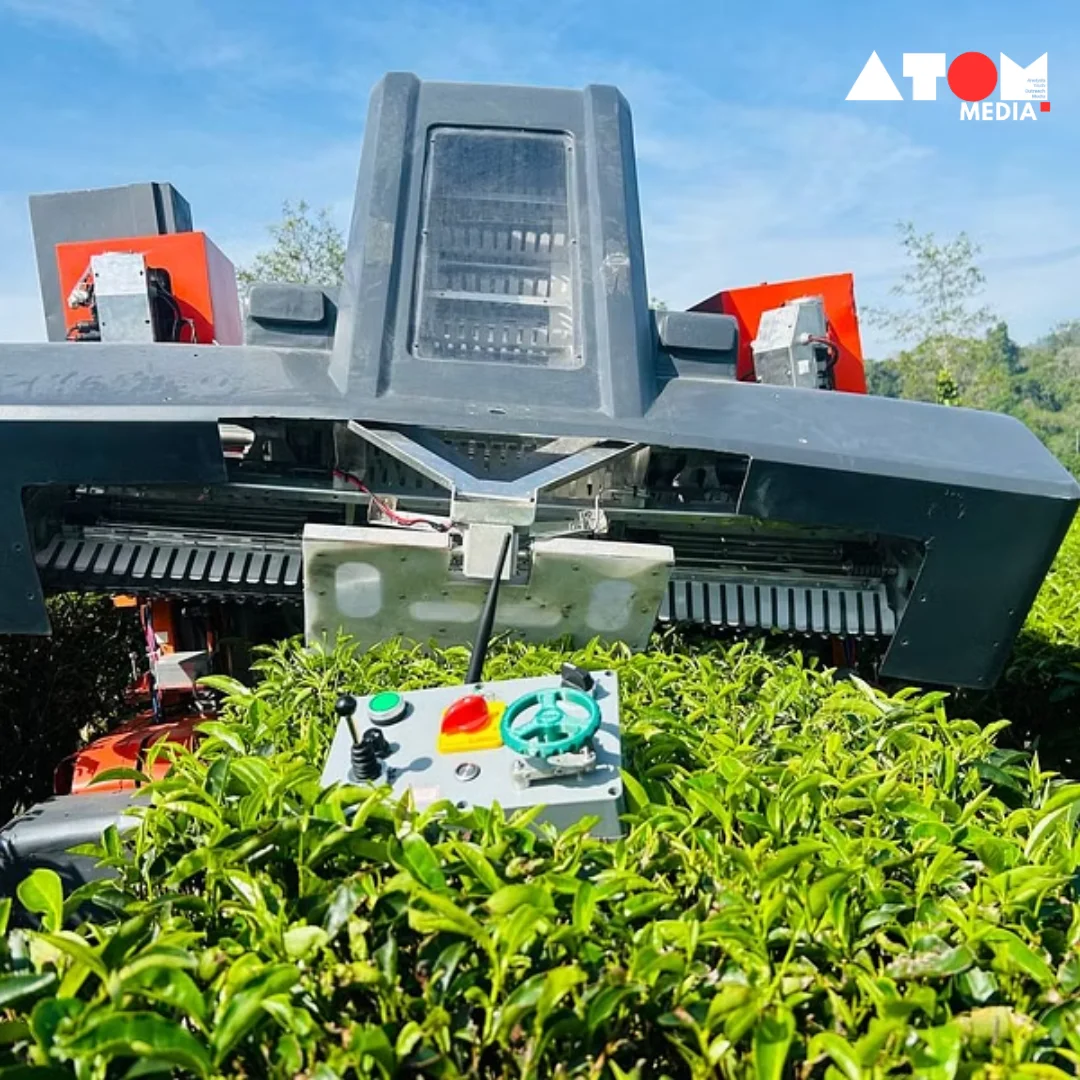The picturesque hill station of Valparai in Tamil Nadu has long been synonymous with high-quality tea production. However, the once-thriving tea valleys are now grappling with a significant labor shortage, as many workers have migrated to urban areas in search of better opportunities.
According to G Sundarrajan, CEO and Co-founder of Surinova, a company providing innovative solutions to the farming sector, the impact of migration on Valparai is stark. He notes that approximately two decades ago, Valparai boasted a population of around five lakh, which has dwindled to merely a lakh today.
Migration and Labor Shortage in Valparai
The workforce in Valparai, once dominated by tea pickers, has seen a drastic decline due to mass migration. Sundarrajan highlights that many individuals have forsaken agricultural labor due to low wages and uncertainty, opting instead for jobs in other sectors.
Previously, South Indian plantations relied on around 6,000 laborers for a harvest cycle, but today, only about 1,300 are available. In response to this labor shortage and to ensure the continuity of tea harvests, Surinova introduced the groundbreaking e-vehicle T-Rover in 2022.
The Innovation of T-Rover
Explaining the significance of this product, Sundarrajan emphasizes that agriculture has been slow to innovate, contributing to the exodus of workers from the sector. Surinova, an agrobotics company, aims to revolutionize agriculture by integrating robotics, mechanical engineering, and artificial intelligence into its products.
Originally founded as an LLP in 2019 by Arulmani Ethirajan and Suganya Venkatachalam, Surinova transitioned to a Pvt Ltd company in 2022 with Sundarrajan joining the team. After three years of dedicated research, the T-Rover was developed to address the specific challenges faced by the tea plantation industry.
T-Rover: A Game-Changer in Tea Harvesting
The T-Rover, equipped with advanced sensors and controllers, is designed to navigate slopes of up to 30 degrees with ease. Its precision engineering enables efficient picking of tea leaves for processing. As an electric vehicle, it not only saves on fuel costs but also contributes to a cleaner plantation environment.
Operated remotely via a joystick-like controller, the T-Rover is user-friendly even for semi-skilled workers. Sundarrajan highlights that one T-Rover can effectively replace the work of 28 people, requiring just one operator and two assistants. This significantly addresses the labor shortage prevalent in tea farms.
Addressing Industry Challenges
The tea industry in India faces challenges beyond labor shortage, including an aging workforce. With most harvesters being over 50 years old, younger workers are reluctant to take up these physically demanding jobs.
Sundarrajan asserts that Surinova’s T-Rover and forthcoming products offer a solution to this problem. He claims that the T-Rover is the world’s first of its kind in tea harvesting technology.
Global Outreach and Expansion
In a manufacturing landscape where China typically leads, Surinova has positioned itself as a pioneer in agricultural robotics. While China attempted a similar product based on image sensing, it was unsuccessful. Sundarrajan highlights Surinova’s first-mover advantage, with discussions underway to export their products to countries like Sri Lanka, Kenya, and Tanzania.
Harvesting as a Service
Looking ahead, Sundarrajan discusses Surinova’s plans to expand its product line, including Sugarcane Rovers, Paddy Rovers, and more. The company aspires to become a Harvesting as a Service (HaaS) provider, enabling large factories to purchase their products and rent them out to farmers.
Surinova has already filed eight patents for its T-Rover, underscoring its commitment to innovation and intellectual property protection. As the agricultural sector embraces technology-driven solutions, Surinova’s pioneering efforts offer a glimpse into the future of sustainable and efficient farming practices.
Read more: Marketing News, Advertising News, PR and Finance News, Digital News





